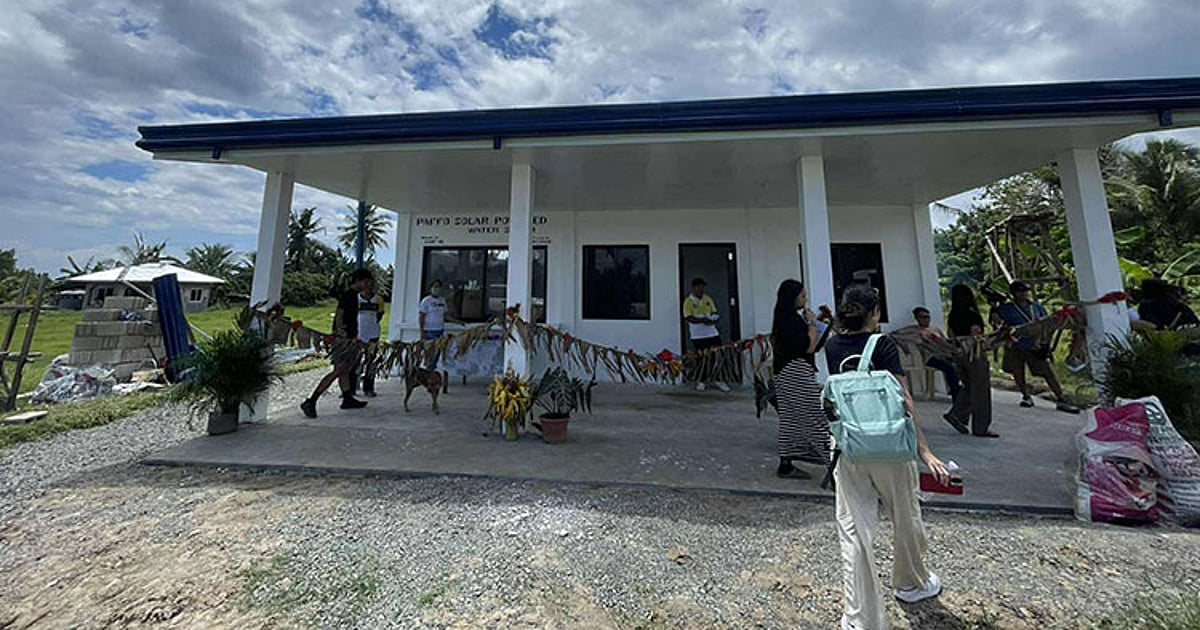Wage Boost & Divorce Reforms: Key Bills Filed in New Philippine Congress

The 20th Congress of the Philippines has officially opened, and with it, a renewed push for crucial legislative reforms. Among the bills filed on the first day are proposals to significantly increase the national minimum wage and legalize absolute divorce, issues that have long been debated and previously stalled in the 19th Congress. These initiatives aim to address pressing economic and social concerns affecting Filipino families and workers.
Minimum Wage Hike: A Lifeline for Filipino Workers
The proposed minimum wage hike is expected to be a major focus of the new Congress. Recognizing the rising cost of living and the struggles of many Filipino families to make ends meet, proponents argue that a substantial increase in the minimum wage is necessary to ensure a decent standard of living. Several versions of the bill are anticipated, with varying proposed amounts and potential exemptions for small businesses. The debate will likely center around balancing the needs of workers with the potential impact on businesses, particularly micro, small, and medium enterprises (MSMEs). Economists are already weighing in, analyzing the potential effects on inflation and employment rates. The goal is to find a solution that provides relief to workers without unduly burdening businesses.
Absolute Divorce: Addressing Family Breakdown and Inequality
The re-filing of the absolute divorce bill marks another significant development. Currently, the Philippines is one of only two countries in the world (along with Vatican City) that does not allow divorce. This restriction disproportionately affects women and those in unhappy or abusive marriages. Proponents argue that absolute divorce would provide a legal pathway for ending marriages that have irretrievably broken down, allowing individuals to move on with their lives and rebuild their futures. The bill aims to provide a fair and accessible legal process for divorce, ensuring the protection of children and the equitable distribution of assets. Religious groups remain a vocal opposition, citing concerns about the sanctity of marriage. However, advocates emphasize that the bill respects individual rights and provides a necessary safety net for vulnerable individuals.
Lessons from the 19th Congress & Path Forward
Both the minimum wage hike and absolute divorce bills faced significant challenges in the 19th Congress, failing to pass into law. The new Congress will need to address the concerns that previously hindered progress. This will require extensive consultations with stakeholders, including labor groups, business organizations, religious leaders, and legal experts. Building consensus and finding common ground will be crucial for the bills to gain traction and ultimately be enacted. The renewed focus on these issues suggests a strong commitment from lawmakers to address the needs of Filipino families and workers, despite the complexities involved.
The coming months will be pivotal as these bills are debated and scrutinized. The outcome will have a profound impact on the lives of millions of Filipinos.





